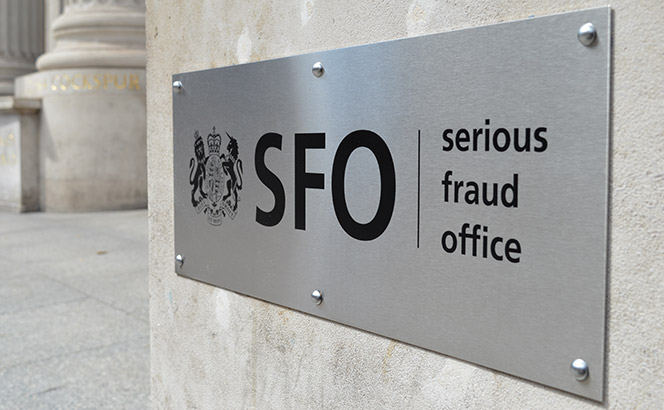
The Solicitors Disciplinary Tribunal has fined Clyde & Co £500,000 and former partner Edward Mills-Webb £11,900 following a slew of anti-money laundering breaches.
At a hearing that took place last week (9-11 January), the SDT considered a statement of facts and admissions agreed by the parties, ultimately finding all allegations to be proved. The SDT ordered Clyde & Co to pay a £500,000 fine, as well as contributing to the SRA’s £128,197.48 costs. Meanwhile, Mills-Webb was ordered to pay a £11,900 fine and contribute towards the SRA’s £54,941.77 costs.










